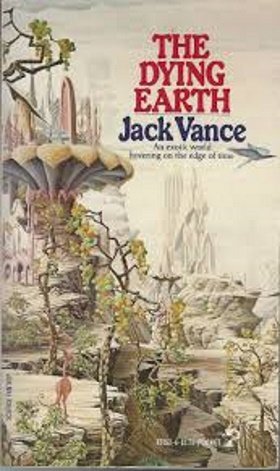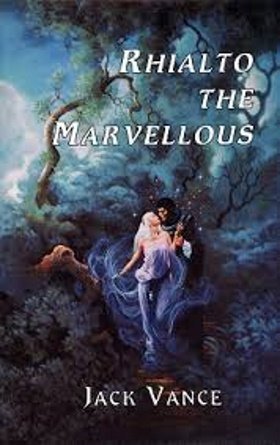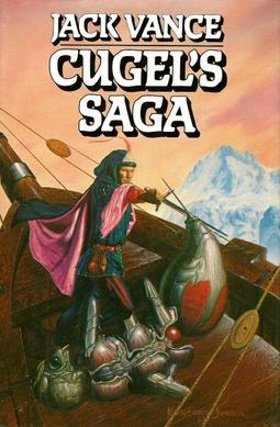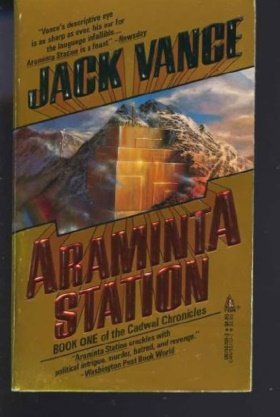“Good decision,” my father said. “Welcome to the family, son.”
There was a bright beat of surprise, then the sudden realization that a deal had been struck. My father beamed and held out his hand. After a moment Jamie beamed too. He shook my father’s hand and then the four of them plunged into a small hubbub of congratulatory chat. I went over too, hugging each of them in turn and thanking both my parents, knowing that any tears I shed would be interpreted as joy. I knew that’s what I should really be feeling, and not the bubbling disquiet that was gradually building in me. After a few minutes, using my pregnancy as a convenient excuse, I returned to my perch on the sill.
My father had a strange look on his face, a slight smile that almost wasn’t there. I turned my face toward the window, looking not through it but at it, my eyes tracing the dark filigree of ragged cracks in the glass, a barely visible map of complicated fractures. It would take only one soft knock for the entire thing to go.
What just happened? My father’s generosity wasn’t in doubt, but there was something else too, something going on under the surface. There had to be. My father was a brilliant businessman. He didn’t just give his money away, not to anyone, and that included me. Everything he did had a reason behind it, an end-goal, a transaction, an exchange. In fact, I now thought, most likely the mechanics of that entire discussion would have been pre-planned by him, including having Jamie’s parents with us, encouraging and thankful, jollying everyone along. Behind the screen of their gratification my father had made a series of moves so subtle that they’d completely missed the cardinal point: a gold-plated bulldozer may be dazzling, sure, but it’s still a sodding bulldozer. What did he want?
I gazed around at the flat that was suddenly, unexpectedly, effortlessly ours. A shaft of midday light fell across a living room that would, one day, be beautiful. Dust motes hung in the air. On the far side of the room, Jamie’s parents were talking to my mother. Jamie and my father stood slightly apart from them, two big men, so similar in stature and height, deep in conversation. At one point, like perfectly timed synchronized swimmers, they both crossed their arms.
Oh, God, I thought. The answer was staring me in the face.
My father was buying two things that day. One was a flat. The other was Jamie.
16 Shards Willa
At twenty-three weeks the baby poured out of me in waves of blood and pain. We were living at Laburnum House by then, but only my mother was there at the time. Jamie was on a work trip to South Africa, and my father was away too, somewhere overseas.
At the hospital they gave her to me to hold, wrapped in a tiny white blanket that had the ward’s name stitched along the edge in blue thread. I held my daughter in my arms and tried to burn her face into my soul. Everything about her looked perfect; her tiny hands, her tiny feet. Her tiny nails. She was utterly beautiful. She had a wisp of dark hair and everything about her was impossibly small. She was absolutely still.
I had listened to her heartbeat.
She had a name, Wren.
They let me hold her until my mother came, and then they took her away.
They discharged me with a plastic bag that contained a thick stack of pads and a thin leaflet on grief. My mother drove me back to their house and I lay in my old childhood bed while she stroked my hair, too hollowed out to cry. She never once said, You can have another one, and I loved her for that.
She alone could understand.
We had both lost daughters and they could never be replaced.
***
Autumn rolled in, spreading great blankets of felted mist across the Channel. I went for long walks along the coast path above the White Cliffs. Fen had been generous, telling me to take as much time as I’d wanted, so I hadn’t yet returned to work. I was back in a house that I had spent my entire adult life trying to leave, but still, I was glad to be near the cliffs. I needed the space, time by myself, the deep boom and hiss of a distant filmy sea, a retreat into the safety and formlessness of silence. There were times up there when I felt almost weightless. I needed Jamie with me, someone to keep me earthbound, but he never seemed to be around. His commute to London added hours to his day, and every few weeks he disappeared off for work overseas. At least we would have the weekends together, I remember thinking at first. I was wrong.
***
A Saturday breakfast in September. The week had been cool and bright, the first leaves yellowing on the old oaks, and Jamie and I had spoken about doing a long walk together, maybe taking a picnic or having a lazy lunch at some cozy pub.
“You’ll need to get a crack on, James,” Dad said, spearing a round of black pudding into his mouth. “I want to be on the road by nine.”
“What?” I said. “Jamie and I have plans.”
My father furrowed his brow. “Nothing I know about, James?”
“Well, Willa and I—”
“We need to check on the build.”
“Right. Yes.”
“Given the amount I’m paying out, I thought you’d be fairly keen.”
“No, absolutely. Of course.”
“Right. London, then. Lesson One, James: builders are lazy sods. You’ve got to show them who they’re dealing with. I’ve booked us a late lunch at my club.”
“Shouldn’t I be there?” I glanced between Jamie and my dad. “It’s our flat.”
“Not possible, Willa. And so to Lesson Two.” My father gave Jamie a slow, droll smile. “Pick an all-male club.”
Jamie laughed, not meeting my eye.
“And golf tomorrow, okay? I need you on top form. Bit of an early start.”
***
That turned out to be the pattern of every weekend. By November, things with Jamie felt strained, and a quiet distance hung between us like mist. Always so engaging and personable around my father, Jamie now seemed guarded around me, tight-lipped and reserved. Our sex life dried up. I forgave him. I forgave him everything. The cool way he spoke to me, his frequent trips away, the lack of physical touch. It was always going to be a little strange living with my parents, I told myself. We would just need to let things rumble along until we could move into the flat. Finally, December rolled in. We could be in by Christmas. Things would be different then, better, perhaps. In the meantime, we were very polite to each other: careful, solicitous, detached.
Mostly anyway. The night he broke my pitcher, the one that Chris had given me so long ago at his pottery, we openly fought. He didn’t even tell me, didn’t even say there’d been an accident. He just threw my beautiful sea-green jug away, leaving me to find it later, discarded in the bathroom bin.
It was late at night when I found it. I’d been reading, sitting up in bed, when Jamie, lying next to me, looked up from his phone. He gave me a quick glance, then scratched the back of his head.
“Okay, so my boss wants me in SA next week.”
“Why don’t we both go?” I said. It would be good for us to be away together. “I’ve got the time.”
He looked back at his phone. “It’s just work. You’ll be bored.”
“I won’t be bored,” I said. “How could I be bored? I’ll just stay on the reserve all day, watching the animals.”
Jamie paused. He didn’t look up. Then he said, “Actually, you can’t stay at the reserve.”
He wasn’t meeting my eye. Suspicion leaped through my brain like a feral cat, wild-eyed and tight-limbed.
“Why not? What’s going on?”
Jamie put down his phone. “Can you just not?”
“Not what?”
“Ask all these questions. It’s complicated, all right?”
“How?” I held his eyes. I crossed my arms and said nothing.
“Fine. If you really want to know, I’ll tell you. But you won’t like it.”
I waited.























